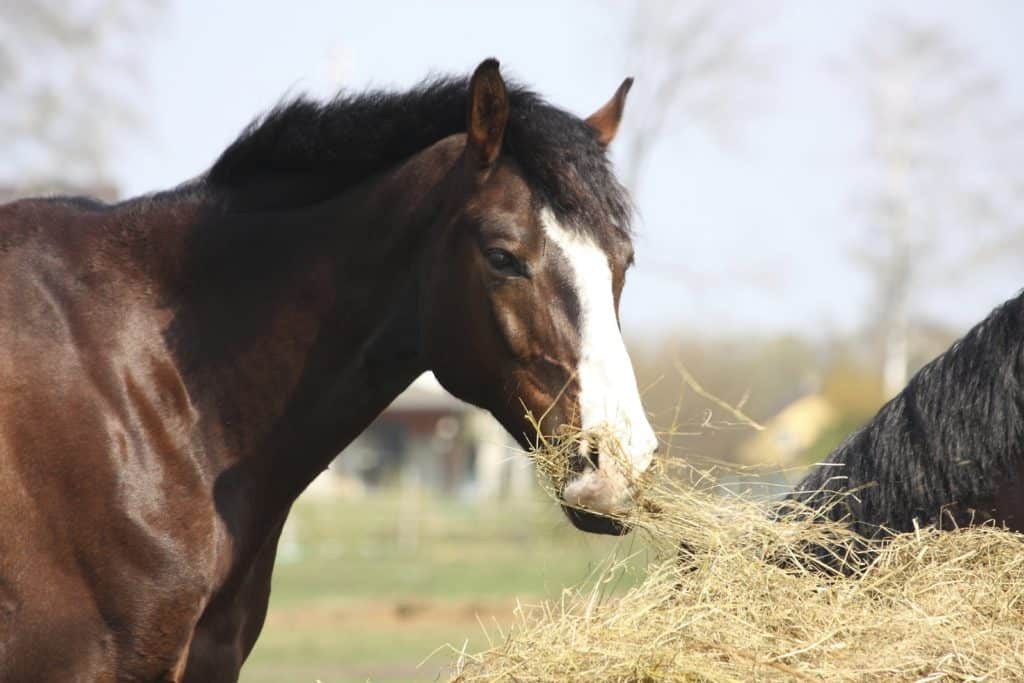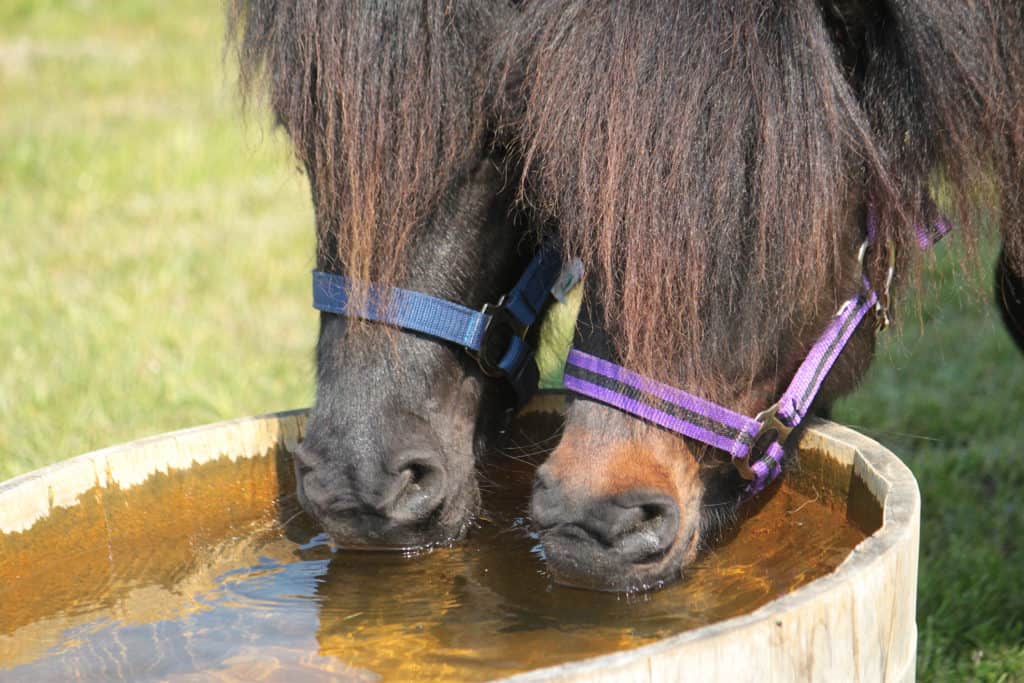
Noninvasive Therapies For Sport Horses
Modalities ranging from PEMF to vibration plates might help manage equine injury or improve performance.
How to care for the basic health needs of horses

Modalities ranging from PEMF to vibration plates might help manage equine injury or improve performance.

Learn about the 4 stages of wound repair and the steps you can take to help your horse’s wounds heal.

When a horse’s healing process gets derailed, wounds can become chronic. Here’s how to prevent complications.

Phytoestrogens in horse diets might have physiological effects on mares. An equine nutritionist explains how and why.

Discover what researchers are learning about the microbiota’s role in the horse’s digestive system, respiratory tract, skin, and more.

The president of Technical Large Animal Emergency Rescue offers her tips for keeping your horses safer.

Three lots of Banamine have been recalled due to the presence of particulate matter.

Our equine nutrition expert offers a reader advice on how to feed a thin horse with a history of laminitis without causing another bout of the disease.

The primary factors that influence equine Cushing’s test selection are season and severity and number of clinical signs.

A team of emergency and large animal rescue professionals saved a hypothermic mare stuck in a creek.

Veterinarians should consider ultrasound to diagnose hock sprains in horses and guide the rehabilitation process.

Tendon and ligament injuries are leading causes of poor performance in horses. Learn about different conventional and therapeutic treatment modalities in this visual guide.

Experts answer common questions about this crippling condition that affects horses of all breeds, disciplines, and ages.

Commonly known as “heaves,” equine asthma is a serious condition that requires proper diagnosis, management, and often treatment.

Early diagnosis and appropriate management, including pergolide, can help improve PPID horses’ quality of life. Learn more in this free download, sponsored by Boehringer Ingelheim.

We consulted two equine nutritionists to answer your burning questions about horse hydration. Here’s what you need to know.
Stay on top of the most recent Horse Health news with
"*" indicates required fields